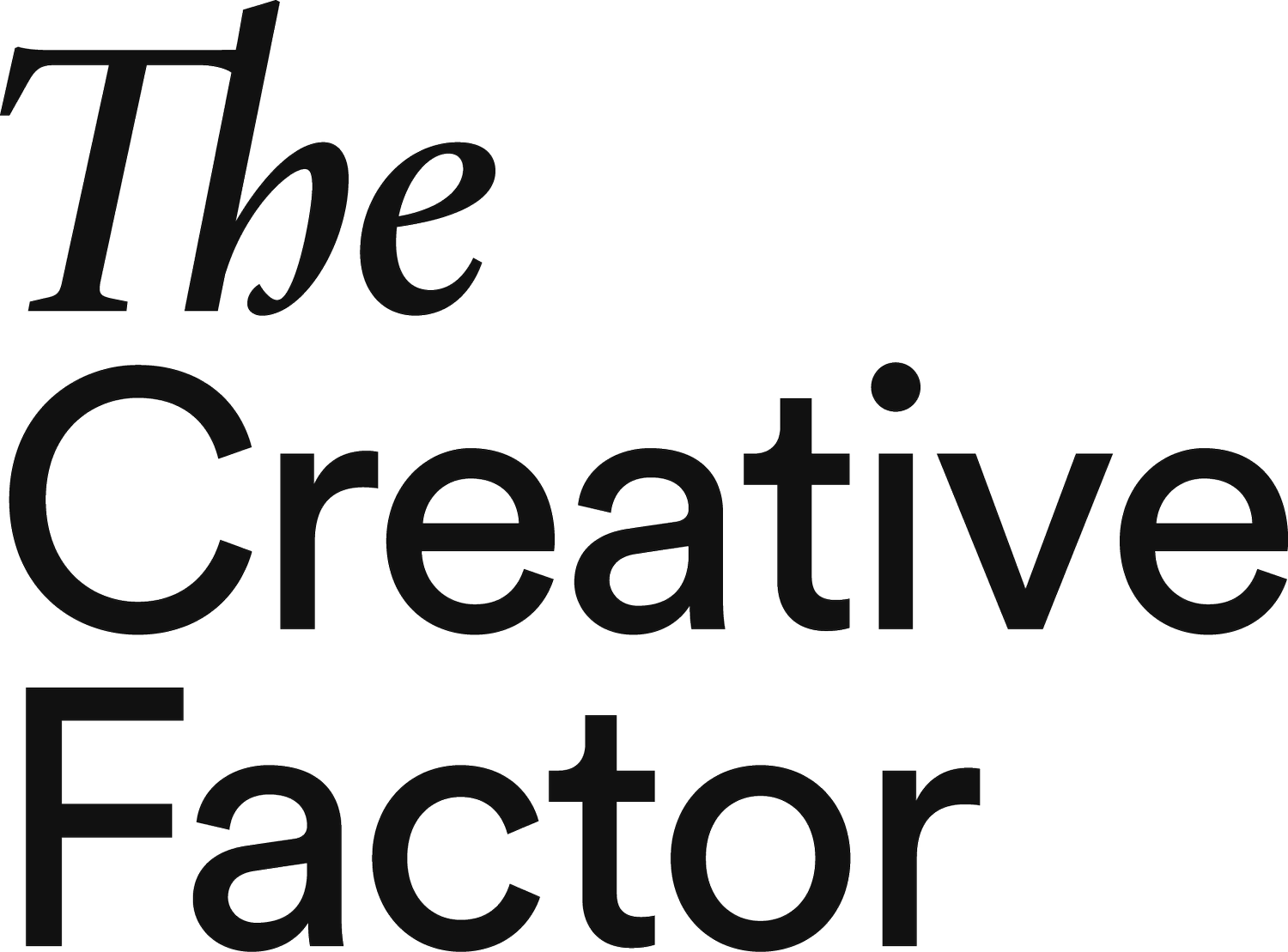The OffBeat Book Report: The Overstory
Richard Powers writes about the natural world. Image: c/o Richard Powers.
The OffBeat founder Allison Stadd’s taste in books is eclectic. After all, curiosity—the engine of creativity—is linked to exploration of the unknown. Almost every book she reads—whether business, history, biography, psychology, and more—leaves her with takeaways she applies to her creative career and work. “The best inspiration, no matter your line of work or the shape of your personal life, comes from surprising sources,” says Stadd, who is shaped by her experience as a jazz drummer and has led marketing teams for Shake Shack, AB InBev, and now Target’s delivery service Shipt.
Since her premise for The OffBeat mirrors The Creative Factor’s ethos of pulling ideas from anywhere and using them to shake up the status quo, Stadd graciously agreed to share a monthly guest column where she highlights one of the 2,359 books on her reading list (yes, you read that number correctly) and shares three unconventional lessons she will incorporate into her craft and career. This month, she dives into The Overstory by Richard Powers.
Allison Stadd applies learnings from books to her work. Image c/o Allison Stadd.
An older couple I’d never met before recommended this novel to me at a wedding several years ago. They both spoke of how the writing had swept them away, and their enchantment at learning about how trees communicate with one another was so genuine that I added the book to my “to read” list then and there.
If you’re the sort of reader who seeks out award winners, you might have already had this book on your radar, as it won the 2019 Pulitzer for fiction. I’m not, and I didn’t.
The Overstory is a paean to the natural world and those who fight for it. But in the concentric narrative circles it carves around everything from the Vietnam War in Laos to the 1980s Pacific Northwest, I found much to contemplate as relates to my life and career.
My three unexpected—offbeat—takeaways:
OffBeat Takeaway 1: We’re all interconnected.
I’ve grappled before with the concept that all humans, and even animals and nature, are interconnected like nodes in a vast network. I like the idea that gratitude, respect, and care bind us to one another. But the notion never truly clicked until I encountered this quote in The Overstory:
“I do not think it too remote that we may come to regard the Earth, as some have suggested, as one organism, of which mankind is a functional part—the mind, perhaps.”
The image of the entire planet as a singular organism is a) visceral and b) clarifying. Humans and plants are exchanging elements constantly, oxygen and carbon dioxide to name just two. You’re a part of the tree in your backyard or neighborhood park, just as your energy infuses into colleagues’ vibe and vice versa (even over Zoom).
Imagine the implications.
You and your most annoying teammate are integral components of a complex organ—you literally require each other in order to function; what stronger motivation is there to figure out how to collaborate?
Your impostor syndrome is gum in the works of the machine. Why waste resources on self-doubt when you’re accountable to the rest of humankind?
When you buy into the fact that everything and everyone is interconnected, you’re more plugged into community and creativity.
OffBeat Takeaway 2: There’s value in creating work for future generations.
There’s a 100-year photo project featured in the book—several generations of a family take a daily photograph of a tree on their property—that felt like a revelation. Creating quality work that you’re not necessarily meant to live to see the end of, or that’s not even meant to have an end, is a valuable pursuit.
Creative for the sake of creativity, the exploration of purpose as purpose itself; it flies wonderfully in the face of the modern capitalist drive to be productive, efficient, and short-term-results-oriented above all else.
OffBeat Takeaway 3: The present moment contains multitudes.
This moment is your life. And this moment, and now this moment. As Powers puts it, “Now, that next best of times, is long, and rewrites everything.”
Living in the present doesn’t have to mean ignoring the past or blowing off the future; it doesn’t have to be frustrating, or painful, or limiting. Inhabiting the now can mean luxuriating in possibility and freshness; it can stand for taking your time and being open-minded.
These are my favorite sort of offbeat (and OffBeat) reads, the ones that center on a compelling topic— in this case, eco-activism—but ping your brain sonar on so many unrelated points. As Powers puts it: “As certain as weather coming from the west, the things people know for sure will change. There is no knowing for a fact. The only dependable things are humility and looking.”
Find more smart, unconventional insights from Allison at The OffBeat. Subscribe today.


